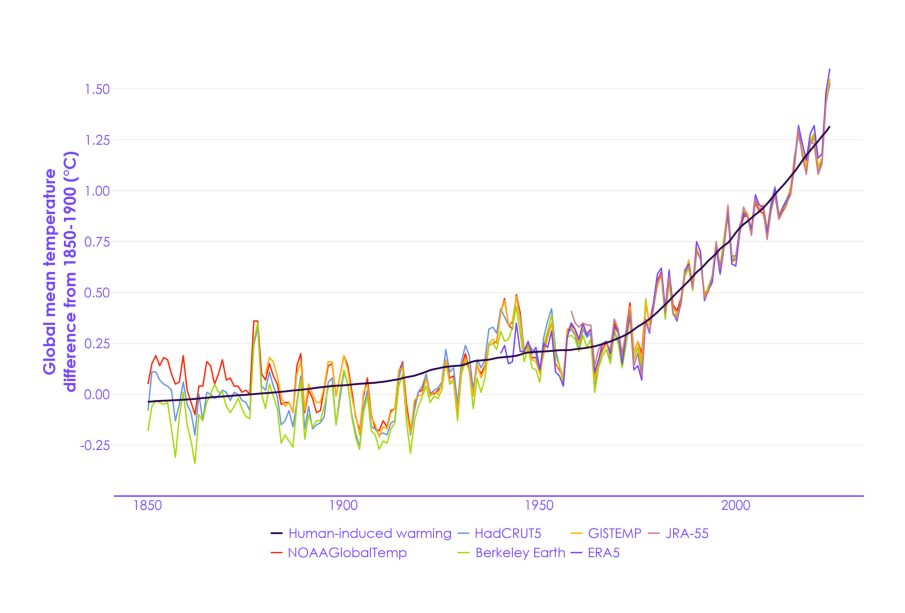The Urgency of Climate Change in 2025

Introduction
As we approach the year 2025, the urgency surrounding climate change has reached a critical point. With the planet’s temperature rising and extreme weather events becoming more frequent, the relevance of taking immediate action against climate change cannot be overstated. This topic is not just significant for environmentalists but a collective concern that involves governments, businesses, and individuals worldwide. The potential social, economic, and ecological impacts of climate change make it imperative to discuss our options and responsibilities as we near this pivotal year.
Current State of Climate Change
According to the latest reports from the Intergovernmental Panel on Climate Change (IPCC), global temperatures are rising at an alarming rate. The decade from 2010 to 2020 was the hottest on record, and projections indicate that without substantial intervention, the planet could see temperature increases of 1.5°C to 2°C above pre-industrial levels by 2025. This temperature increase is expected to exacerbate weather extremes, affecting agriculture, water sources, and human health.
Countries are being urged to meet their commitments under the Paris Agreement, which aims to limit global warming to well below 2°C. As of now, many nations are lagging in their efforts, and the gap between expected and necessary emissions reductions is widening. This is creating a sense of urgency, prompting countries to reevaluate their policies and commitments ahead of crucial international summits in 2025.
Events and Actions Toward Climate Mitigation
In response to these dire predictions, several initiatives and events are underway. Major international conferences, such as the COP26, held in Glasgow in 2021, served as a platform for countries to commit to more aggressive climate change mitigation strategies. Additionally, in 2023, many nations ramped up investments in renewable energy technologies, prompting a shift towards sustainable energy sources. Companies are increasingly adopting net-zero targets, making it imperative for industries to innovate and reduce carbon footprints.
Conclusion
The significance of addressing climate change in 2025 is not just about environmental preservation; it is about ensuring the future well-being of humanity. Policymakers, businesses, and citizens must recognize the urgency of collective action to mitigate the impacts of climate change. As we venture closer to 2025, it is clear that collaborative and sustained efforts are required to avert the most severe consequences of climate change. The decisions we make now will shape the health of our planet for future generations, underscoring the importance of urgency and commitment in our climate action plans.









